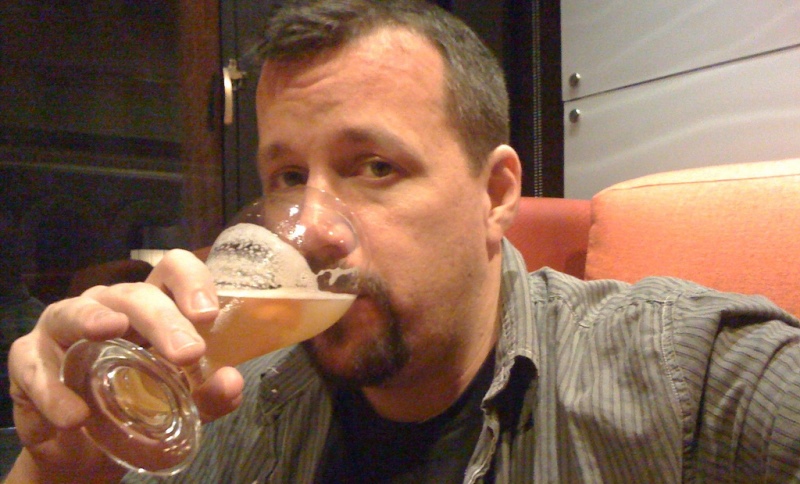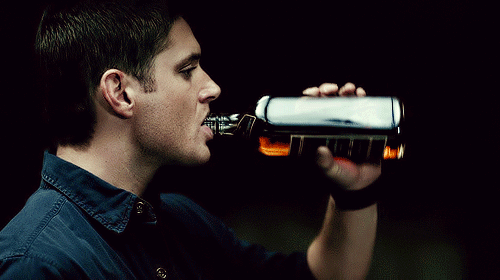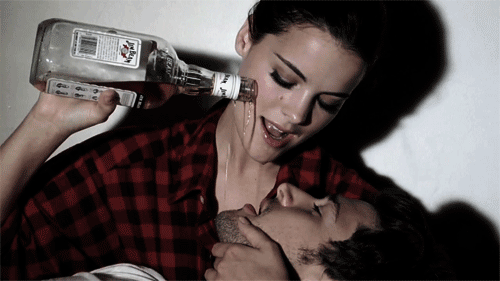“I have absolutely no pleasure in the stimulants in which I sometimes so madly indulge. It has not been in the pursuit of pleasure that I have periled life and reputation and reason. It has been the desperate attempt to escape from torturing memories, from a sense of insupportable loneliness and a dread of some strange impending doom.” ― Edgar Allan Poe
Dealing with an addicted partner can be rough. Especially if their addiction is interfering with their life in ways that can not only overturn their world but damage yours as well. Of course, your love for them makes you want to reach out and help them manage or better yet, eliminate their addiction so you can both lead a normal life. However, you need to understand that dealing with an addicted partner is an uphill task. Substance abuse can quickly spiral into an inescapable cavern with no prospect of return. Also, while treatment and rehabilitation could be crucial to salvaging a relationship ravaged by addiction, you need to work hard to dodge the trap of enabling.
Suggested read: Why an ‘okay’ day isn’t always what it seems for someone with depression
Oftentimes, you may think you are being supportive in trying to curb his/her impulse to drink and do drugs but you may actually be enabling their addictive patterns. In enforcing treatment, you have got to be resistant and patiently deal with relapses (bound to occur) along the journey. It is in this process that the boundaries are often blurred and you may be the unwitting participant in aggravating the endless cycle instead of putting a stop to it. By making excuses for your partner’s behavior or being ‘accommodating, understanding or even loving’ in the face of his abusive and/or dangerous behavior, you are being complacent in his alcohol/drug dependency and enabling his addiction.

Image source: Google, copyright-free image under Creative Commons License
Of course, it may be scary, intimidating or even overwhelming to have an open conversation about your partner’s addiction with him and lay bare the realities of the situation that are hurting him and you, both. However, it is important to establish boundaries while dealing with an addicted partner while also creating a channel of communication that is efficient. Remember that you:
- Cannot engage with him when he/she is under the influence
- Cannot bring judgment or criticism into the conversation
- Cannot hash out past incidents
- Cannot rush an action plan
However, before seeking out support groups and treatment methods, you need to understand and accept some inescapable truths about addiction:
1. It’s not about YOU
It is not uncommon to believe that a loved one’s addiction is, in part, due to something that you have done wrong. However, understand that an addiction isn’t about you and guilt isn’t productive in anyone’s recovery. Instead of placing blame, try to help your partner brave the rigors of abstinence and treatment by being involved and supportive. You need to understand that you aren’t responsible for the current situation and nothing you could have done would have averted it. However, you do have a crucial role to play in changing the situation and it is all about doing that, as best as you can. Also, remember not to beat yourself up if the efforts don’t yield the desired results- because recovery, too, isn’t about you and isn’t contingent on your efforts alone.
2. Detox≠Treatment

Image source: Giphy
It is a common myth that detox can help the body flush out the substance and thereby, reduce dependence. But addiction isn’t as simple. It is a disorder of the brain’s reward mechanism that erodes a person’s self-control and impairs their ability to make well-intentioned decisions. This isn’t something that can be reversed in a matter of a few days and understanding that this is a long-winded process that may take enormous time and effort can help you summon the necessary patience and strength to fight this long-drawn battle.
3. Addiction may or may not be a choice
All addiction started with a choice to have a drink or use a drug. This, then, became habitual to the extent that refraining from use became an impossibility. Very often, people may realize that their habitual pattern is wrecking their lives and wish to stop- but their brains and bodies are so conditioned from the use that their feeling to have another drink or take another shot overrides their best judgment. For these people, the intent can be productively channeled to aid rehabilitation and treatment. For those who do not recognize their addiction as a problem or refuse to even acknowledge it, the process shall be a more strenuous one. There is no single answer and the addict’s mental history, his lifestyle and behavior may influence his ability to quit.
Suggested read: The power of saying NO: Why I say YES, even though I really want to say NO
4. Treatment does not guarantee quitting
Treatment is usually offset by consequences of addiction. Losing one’s job, deteriorating personal relationships etc can drive a person down the alley of recovery. However, just treading the path does not guarantee quitting. The person has to believe in the possibilities of a better life without their addiction or else they shall simply use some pretext or other as bargaining chips to use less or try less harder. The motivation and changes are only secondary to a recognition of the need for change and an inherent desire to work towards that change.
5. Deceit is part of the game

Image source: Giphy
Dealing with an addicted partner can be rough. They shall lie to you or worse, believe they aren’t lying themselves. Either which way, they are doing so to excuse their dependence, because their substance is crucial to their living. This does not mean that you should excuse their deceit- but only that you establish firm boundaries for your safety but also forge channels for honest communication so you can encourage them to be truthful and work towards taking treatment sincerely.
6. Relapses will happen
Very often, addicts relapse into their addiction after a considerable period of abstinence. This happens because the substance had been a sort of self-medication for larger co-existent issues like anxiety, stress, depression and other co-occurring disorders. About half of all addicts have a severe mental disorder and a third of them have a diagnosable mental ailment. The key to absolving the addiction is to treat all the disorders together. You have to treat all the issues simultaneously or else any treatment shall be ineffectual.
Suggested read: Why letting go of a relationship isn’t as simple as it seems
7. You can’t do it for them
We know that there is nothing more painful than watching your loved one grapple with an addiction that is eating away at their life, with or without you. But understand that you can only do so much to help them. If they are unwilling to help themselves, picking up the broken pieces of their life is only going to prolong your misery. They may rid themselves of the suffering under the influence but you’d be paying the price, because of the feelings you bear. Peace of mind is too steep a price to pay for anything. If they are banking on your financially, cut them loose. If they draw out favors based in your feelings but aren’t really concerned, snip the ties. Tell them you shall be there if they are willing to be treated and gauge their progress and their sincerity. You deserve a normal life- and so do they.
But as terrifying as addiction is, you aren’t the one who can overcome it. You can only help- until you really can’t.
Featured image source: Google, copyright-free image under Creative Commons License












